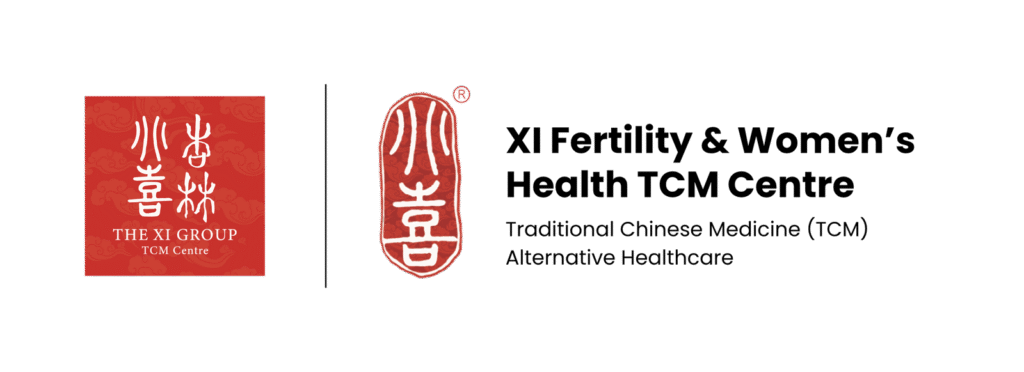

Wee Min Yee
TCM Practitioner
Trying to Conceive? 3 Key Reasons Klang Couples Face Fertility Challenges (A Real Case Study)

Malaysia’s fertility rate has dropped to a historic low of 1.6–1.7, far below the replacement level of 2.1. This nationwide trend is also felt in Klang, where many couples are finding it harder to conceive.
Case Sharing: A 42 Years Old Mother’s Journey
Ms. Wee Min Yee recently met a 42 years old mother from Klang, who had been trying to conceive for years. She already had a daughter, but after a miscarriage and several failed natural attempts, pregnancy seemed out of reach.
Her ovarian reserve was low, egg quality had declined, and her body was often cold — what TCM calls a “cold womb.” She worried her time had run out.
Through 6 months of acupuncture and tailored herbal medicine, her body slowly changed. Follicles became stronger, her womb warmer, her cycle steadier.
After an IUI procedure supported by TCM care, she conceived. Today, she is 10 weeks pregnant, her baby’s heartbeat strong and steady.

“Many couples I met at Setia Alam branch tell me they feel time is running out. I always remind them — as long as the body still responds, there is still hope. With care and persistence, new life is possible.”
3 Reasons Why Conception is Difficult Today
Lifestyle, Stress & Workload
Couples in Klang often face hectic work schedules, long commutes, and high stress, which affect fertility:
Diet & Nutrition: Fast food, sugary drinks, and irregular meals can reduce egg and sperm quality.
Stress & Sleep: Work stress, traffic, and lack of sleep disrupt hormones, affecting ovulation and sperm production.
Environmental Factors: Urban pollution, plastics, and chemicals in daily life can harm reproductive health.
Late Marriage & Advanced Maternal Age
Age remains a major factor, even for couples in Klang:
Women: Fertility naturally declines after 35, leading to lower conception chances and higher risk of embryo issues.
Men: Sperm quality gradually decreases after 40, affecting motility and DNA health.
Health Conditions: PCOS, endometriosis, thyroid problems, or low testosterone may further reduce fertility.
Male Fertility Challenges Often Overlooked
Many couples focus only on women, but men contribute to almost half of all infertility cases:
Sperm Health: Low sperm count, poor motility, or abnormal morphology reduces chances of fertilization.
Lifestyle Impacts: Smoking, alcohol, heat exposure, and stress can affect sperm.
Reluctance to Seek Help: Men often delay testing or treatment, which lowers success rates.
Conception challenges today affect couples in Klang and beyond. By addressing lifestyle habits, age-related factors, and male fertility issues, couples can significantly improve their chances.
Fertility challenges are not unique to Klang...
They are part of a wider trend shaped by late marriage, stress, diet, and modern lifestyles. The good news is, when couples begin caring for both body and mind early on, and receive the right support through holistic care, their journey to parenthood can become clearer, healthier, and filled with renewed hope.


